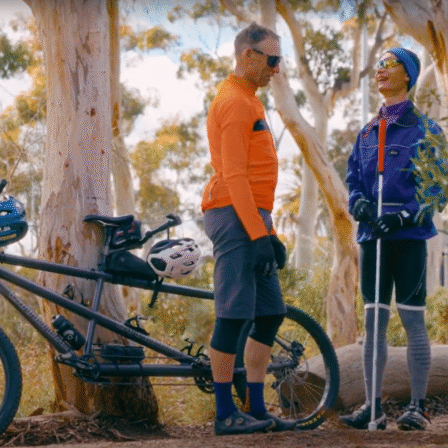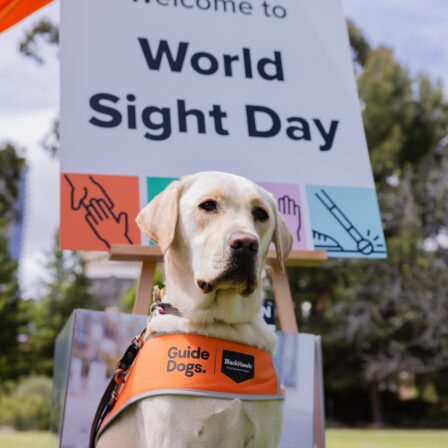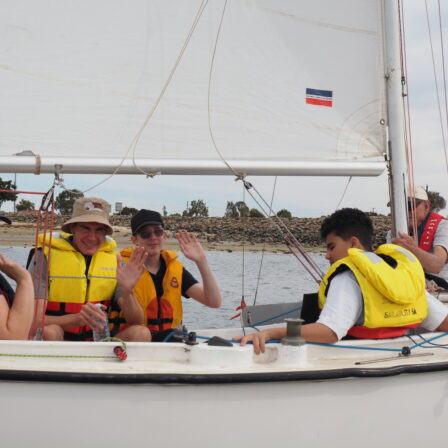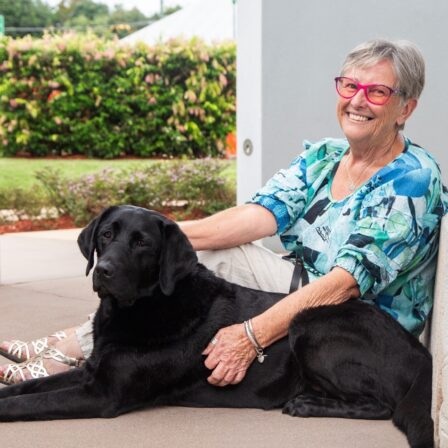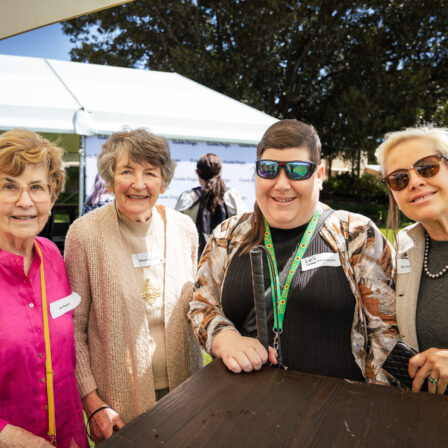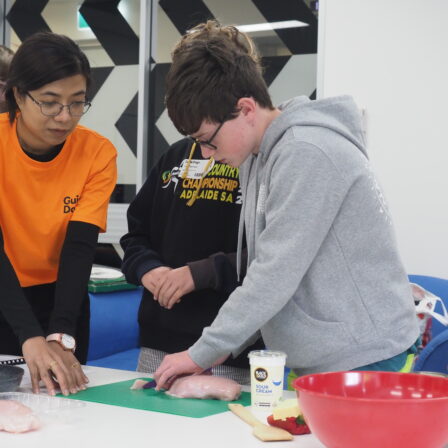News
Plea to tackle the invisible disease
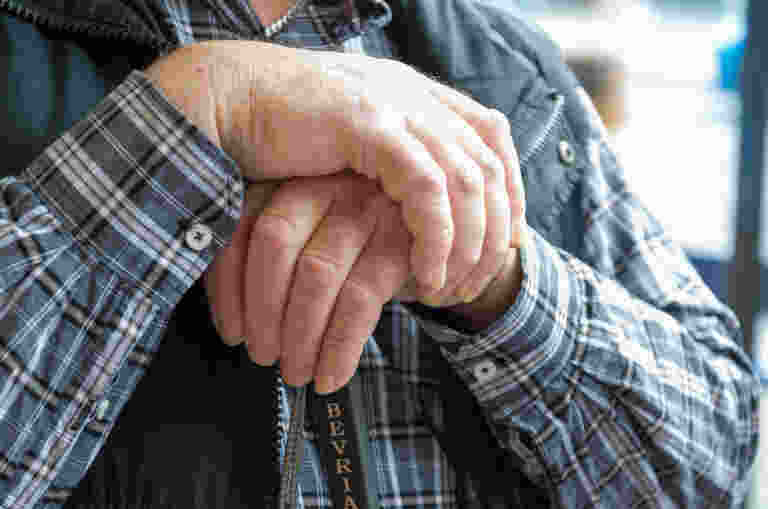
Rodney Stanton has a simple message for others in World Glaucoma Week: please get your eyes checked. Early diagnosis can make such a difference.
Rodney, 56, has congenital glaucoma and has had severe vision impairment since birth.
His life has been one round of surgery and treatment after another – so much so it’s difficult to add them all up. But despite his vision loss, Rodney is a determined guy with good humour, great spirit and a tenacious desire to achieve.
“People need early intervention and not leave it to the last minute and end up where I am with very little vision,” Mr Stanton said. “I know how glaucoma has affected my life and the earlier that you can get on top of it with treatment it can help slow down the damage.
“There are a lot more treatments and medications now than when I was young.”
Glaucoma is the leading cause of irreversible blindness worldwide. Glaucoma Australia statistics indicate that 50% of people with glaucoma in Australia are undiagnosed, often showing no symptoms until very late in the disease and damage is already done. People in risk categories should have their eyes checked from the age of 35.
Rodney’s glaucoma was picked up when he was just four months old. Since then, surgery and medication has meant that his available sight has fluctuated depending on the surgery and pressure from the glaucoma.
There was always the fear at the back of his mind that one day he would wake up and be totally blind.
Despite that, he hasn’t stood still. Over the years, the father of two and grandfather of two, Rodney has had successful jobs in the manufacturing industry including leading hand and supervisory roles. He’s an active volunteer and is currently President of the Lone Fathers Association. He’s a former Director of the Men’s Information and Support Centre.
His most recent surgery in October last year prompted Rodney to ponder whether the day was coming when he would no longer be able to see his adored grandchildren Sammy and Phoebe.
His six year old grandson, who wears glasses, had been worried about Rodney and wondered if he too had the same condition – testing having a positive outcome for the young lad.
“They ask me questions about how my eyes are doing, and they come to visit me and watch YouTube to find out more about Guide Dogs and how they can help grandfather,” Rodney said.
“This is what inspires me to keep going so I can continue to see them grow up.”
Rodney recalls a memorable moment when he returned home from one of his surgeries and could clearly see down the corridor when his sister opened the door. Down the hall the television was on and he could see the images on the screen – the first time he’d seen high definition colour TV.
Now, he has no vision in his left eye and his right eye can only see blurry vision. Rodney sought out Orientation and Mobility instruction from Guide Dogs SA when his vision became so poor in October last year. Working with instructors providing mobility skills and learning to use a white cane has enabled him to remain active and navigate routes with independence and safety. He is currently on the waiting list for a Guide Dog.
Rodney believes the key has been the support of a large family, a stubbornness to succeed and assistance where needed.
“You have to accept what you have got and move forward,” Rodney said. “There are a lot of people out there who are held back by the issues and the emotional problems that they have. Support and people around you can change that.”
The Chief Executive of Guide Dogs SA/NT, Kate Thiele, also joined the call for people to ensure they were tested for glaucoma. More than 300,000 Australians have glaucoma and while it is more common as people age, it can occur at any age.
“Guide Dogs SA/NT has a range of services to ensure that people living with disability can lead lives with safety, independence and inclusion,” she said.


